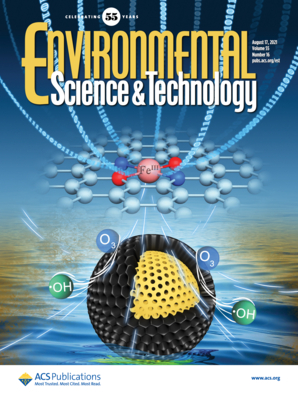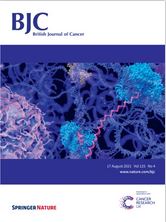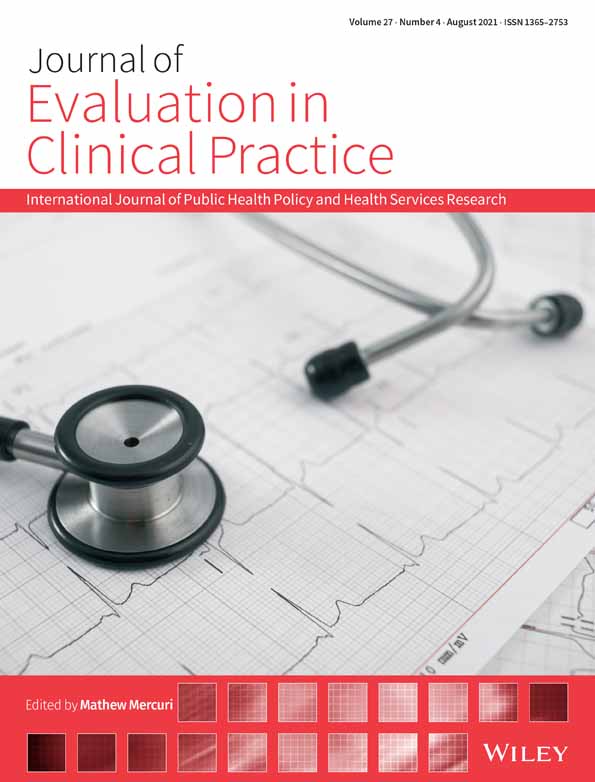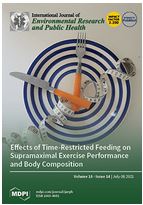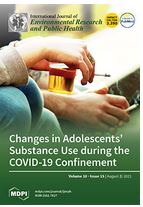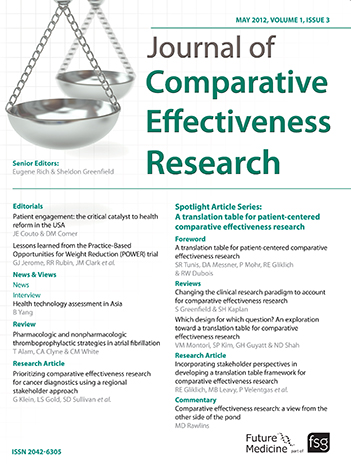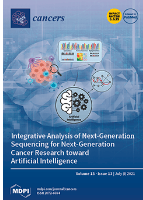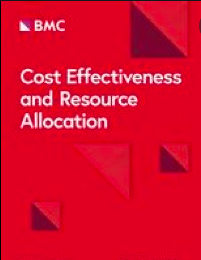Placental DNA methylation signatures of maternal smoking during pregnancy and potential impacts on fetal growth
Maternal smoking during pregnancy (MSDP) contributes to poor birth outcomes, in part through disrupted placental functions, which may be reflected in the placental epigenome. Here we present a meta-analysis of the associations between MSDP and placental DNA methylation (DNAm) and between DNAm and birth outcomes within the Pregnancy And Childhood Epigenetics (PACE) consortium (N = 1700, 344…




